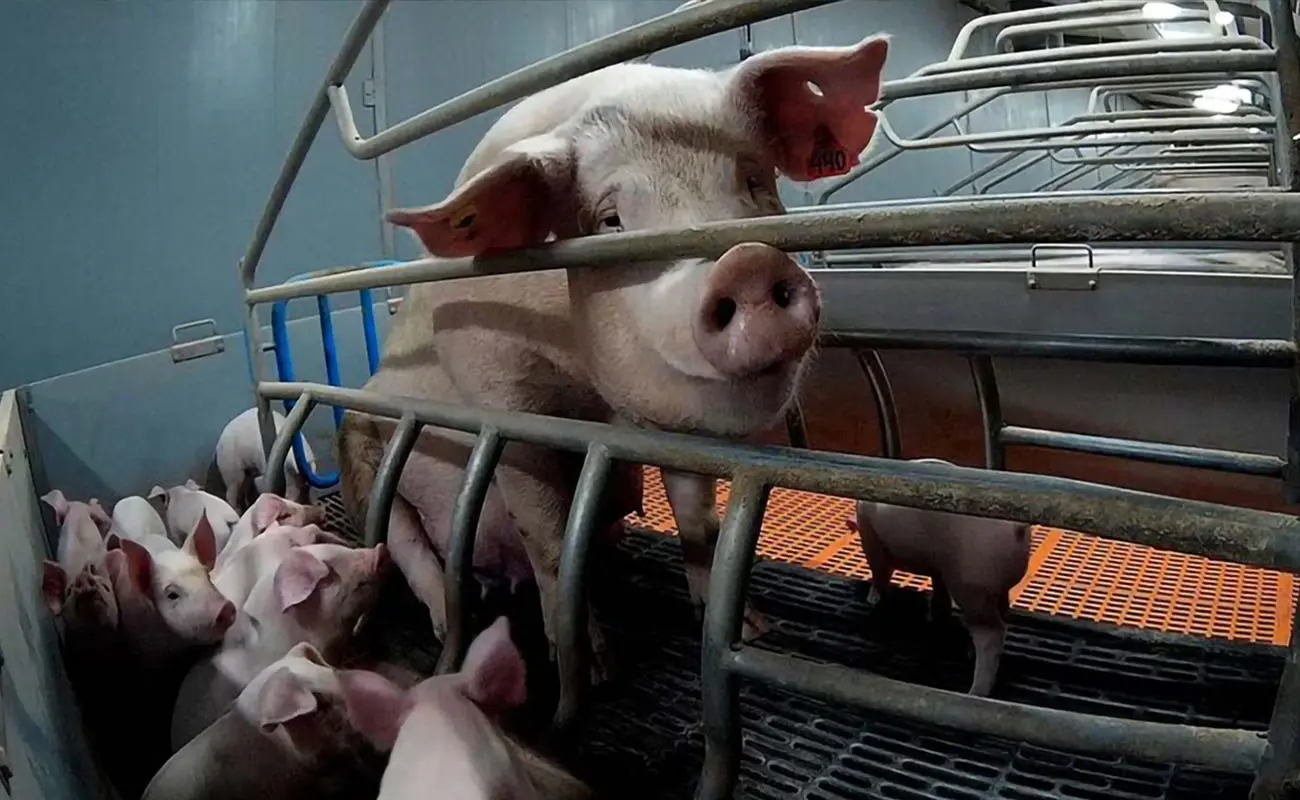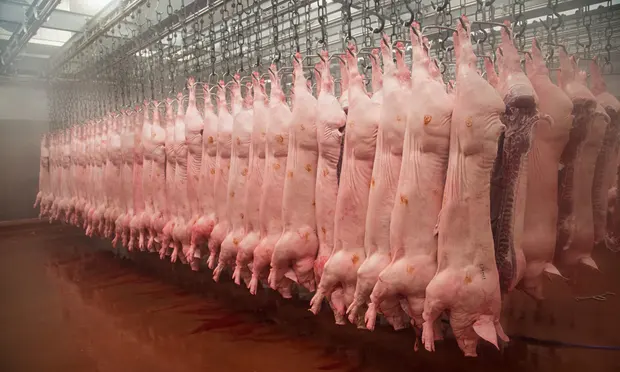Cruzimea față de animale cuprinde o gamă largă de practici în care animalele sunt supuse neglijării, exploatării și vătămării intenționate în scopuri umane. De la brutalitatea fermelor industriale și a metodelor inumane de sacrificare până la suferința ascunsă în spatele industriilor de divertisment, producției de îmbrăcăminte și experimentelor, cruzimea se manifestă în nenumărate forme în diverse industrii și culturi. Adesea ascunse de ochii publicului, aceste practici normalizează maltratarea ființelor simțitoare, reducându-le la mărfuri, în loc să le recunoască ca indivizi cu capacitatea de a simți durere, frică și bucurie.
Persistența cruzimii față de animale este înrădăcinată în tradiții, industrii axate pe profit și indiferența societală. Operațiunile agricole intensive, de exemplu, prioritizează productivitatea în detrimentul bunăstării, reducând animalele la unități de producție. În mod similar, cererea de produse precum blana, pieile exotice sau cosmeticele testate pe animale perpetuează cicluri de exploatare care ignoră disponibilitatea alternativelor umane. Aceste practici dezvăluie dezechilibrul dintre confortul uman și dreptul animalelor de a trăi fără suferințe inutile.
Această secțiune examinează implicațiile mai largi ale cruzimii dincolo de actele individuale, subliniind modul în care acceptarea sistemică și culturală susține industriile construite pe rău. De asemenea, subliniază puterea acțiunii individuale și colective - de la susținerea unei legislații mai stricte până la alegerea unor decizii etice de consum - în contestarea acestor sisteme. Combaterea cruzimii față de animale nu înseamnă doar protejarea creaturilor vulnerabile, ci și redefinirea responsabilităților noastre morale și modelarea unui viitor în care compasiunea și dreptatea ne ghidează interacțiunile cu toate ființele vii.
Animalele aduc bucurie, companie și dragoste în viața noastră, totuși sub această legătură se află o realitate tulburătoare: legătura dintre cruzimea animalelor și violența umană. Studiile dezvăluie în mod constant că cei care abuzează de animale prezintă adesea comportamente violente față de oameni, subliniind un model periculos pe care societatea nu își poate permite să -l ignore. Examinând rădăcinile psihologice ale acestei conexiuni și recunoscând semnele de avertizare timpurie, avem șansa de a interveni înainte de a escalada daunele. Abordarea acestei probleme nu este doar vitală pentru bunăstarea animalelor, ci și esențială pentru construirea de comunități mai sigure și mai pline de compasiune























































